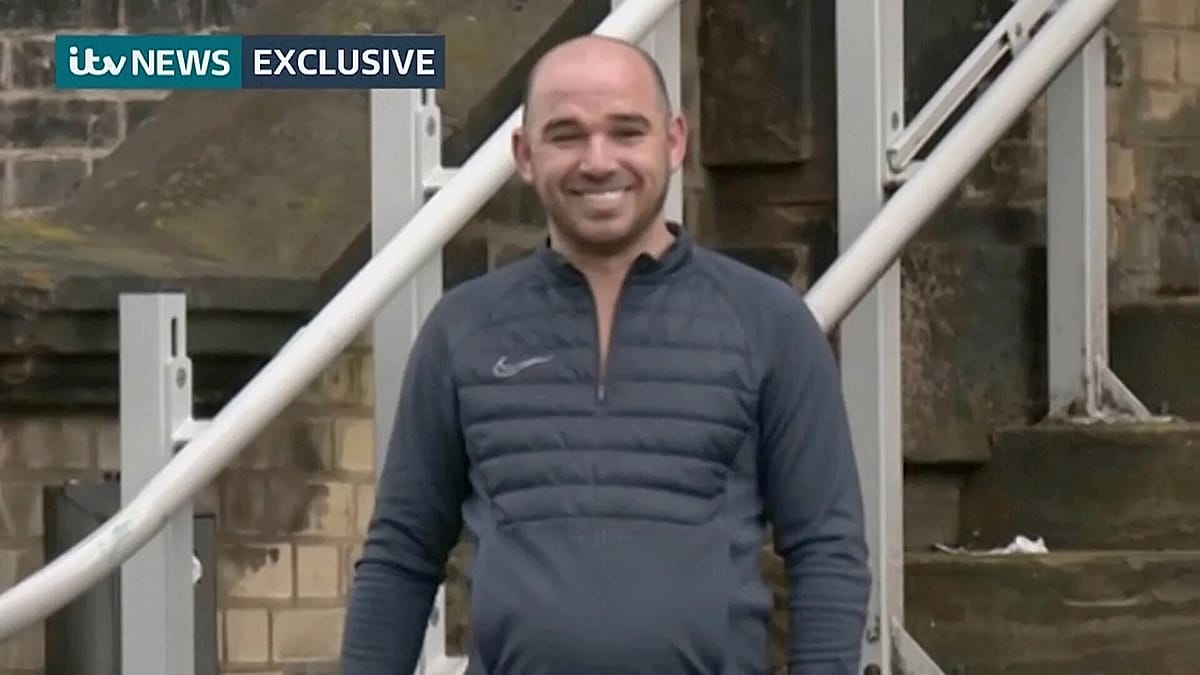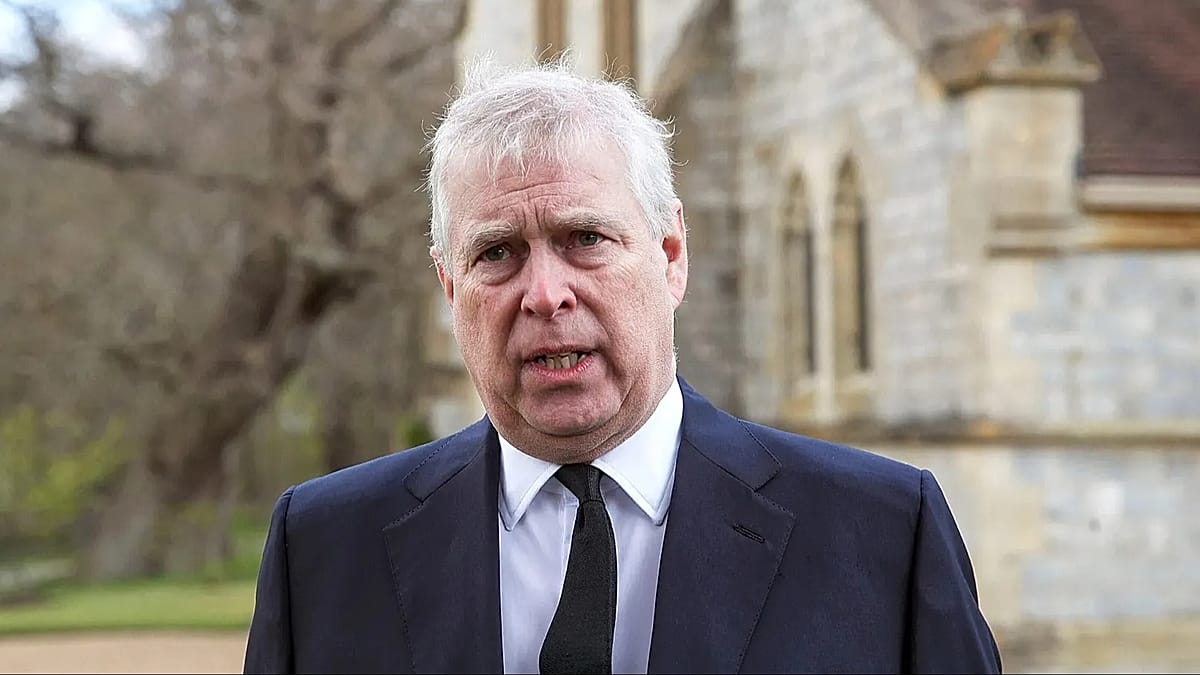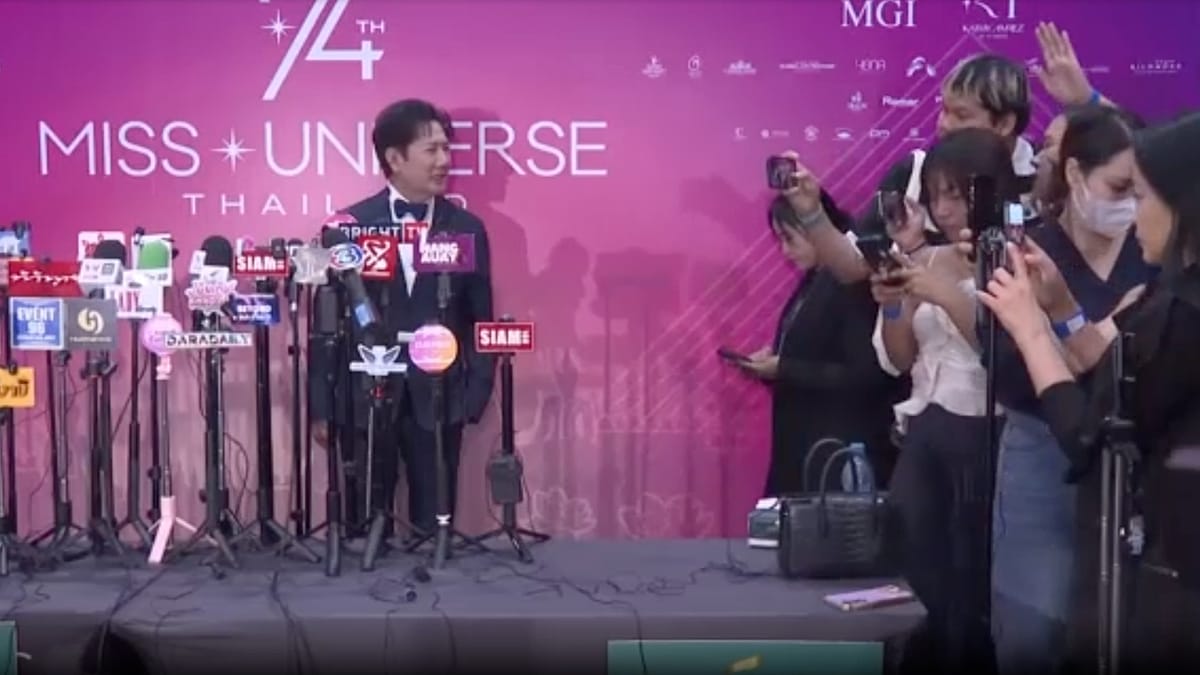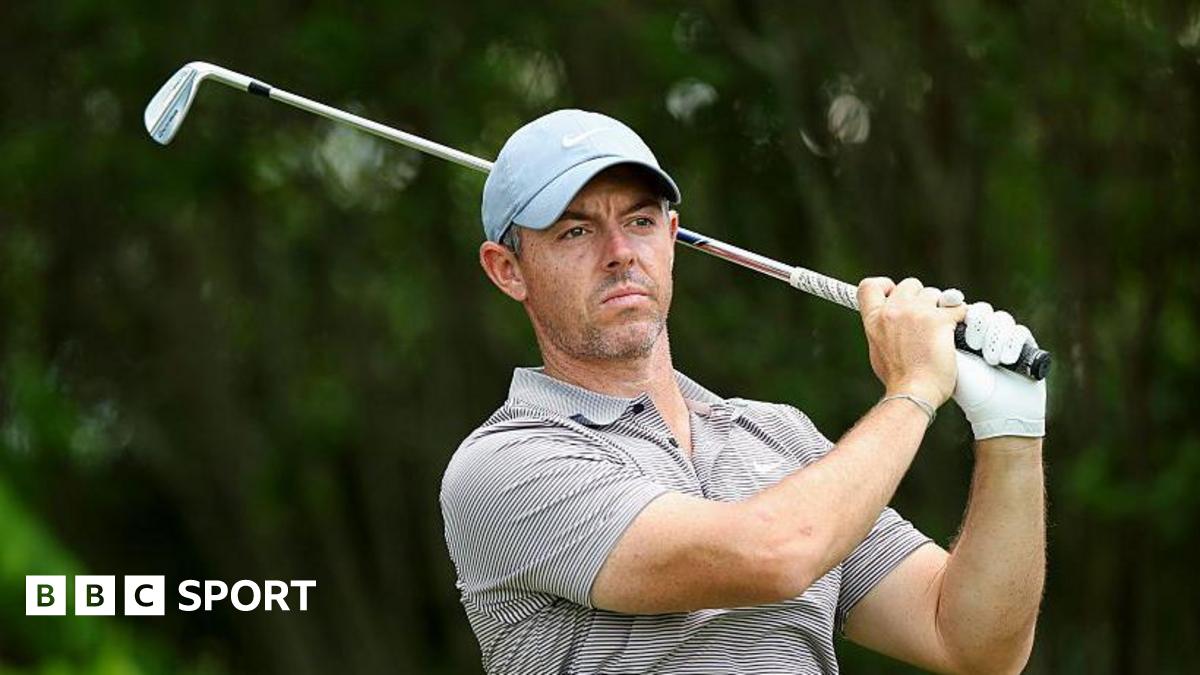
Travel is nary longer a tick-box exercise, and is quickly becoming a “powerful remedy to nan pressures of modern life”.
When we deliberation of self-care, our encephalon tends to conjure up images of cosy pyjamas, basking bubble baths and look masks.
However, a caller study of much than 5,000 travellers crossed Europe has recovered that jetting disconnected could thief Millennials and Gen Z easiness stress, combat loneliness and boost their wide well-being by allowing them to break distant from their routine.
Erika De Santi, co-founder of WeRoad - which conducted nan canvass - says travelling has now go astir nan “whole journey” and not conscionable visiting attractions.
“In a world that’s progressively online, recreation gives group thing existent again,” she tells Euronews Travel.
Meet nan ‘self-care’ travellers
For Phoebe Thomas, a 29-year-old who lives successful Cambridge, England, recreation has ever been a measurement to feel connected pinch people.
Uninspired by fly-and-flop style holidays successful all-inclusive hotels, nan 29-year-old prefers to curate her ain holidays by booking aggregate hotels aliases Airbnbs that connection much autonomous exploration.
She moreover backpacked aroundSoutheast Asia for 3 and a half months, ne'er staying successful 1 spot for much than a mates of days.
“It tin consciousness physically draining doing that because a batch much readying goes into it and you’re having to perpetually move around,” she says.
“But there’s thing that feels rather mentally aliases emotionally nourishing by doing that, because it feels for illustration I’m really getting a consciousness of meaning retired of nan holiday.”
‘A shape of therapy’
However, during nan COVID pandemic, Phoebe’s intelligence wellness suffered, pinch lockdown restrictions leaving her experiencing slump and emotion “really disconnected from people”.
This led her to subordinate nan section Buddhist centre, wherever she was first introduced to belief retreats.
“They’re not nan benignant of retreats that you’d spot successful films, wherever it’s relaxing and spa-like,” she explains.
“Obviously there’s meditation and sometimes yoga and sound baths and each of those beautiful things, but a batch of nan clip is spent moving connected your mind.”
In fact, Phoebe finds these retreats “intense and rather exhausting”, but now considers them a shape of self-care.
“I was having therapy arsenic well, astatine nan aforesaid time, but it almost felt for illustration a different benignant of therapy,” she adds.
Now heading connected astir 8 retreats a twelvemonth – ranging from a fewer nights to 2 weeks – Phoebe credits nan trips to having a much resilient mind and much affirmative reasoning patterns.
She nary longer suffers from bouts of slump that would travel “every mates of months”, and feels for illustration she tin shut disconnected from nan stress and work of work.
Phoebe still travels for leisure, often combining her belief retreats pinch nan opportunity to research Buddhist temples successful India.
Disconnecting from regular stress
It’s clear Phoebe isn’t alone, pinch WeRoad’s study uncovering that 88 per cent of respondents said travelling makes them happier and helps them disconnect from their regular stress.
When asked what recreation would “treat” if it were a medicine, 34 per cent chose accent and anxiety, while 42 per cent cited regular and boredom - highlighting nan nexus betwixt recreation and affectional wellbeing.
Almost half (41 per cent) admitted to emotion “sad” aliases recovered it difficult to return to their regular pursuing a trip.
A 'need to escape'
Marianne Mooney, who useful successful politics, relates to nan post-holiday blues and uses travelling arsenic an affectional reset.
Strategically readying nan mostly of her holidays successful nan wintertime to flight symptoms of Seasonal Affective Depression (SAD), Marianne says travelling has importantly improved her mental health.
She tells Euronews Travel that travelling fulfils a “need to escape” that she doesn’t get from accepted forms of self-care for illustration putting connected a look mask.
“When I’m connected holiday, it’s nan only clip my encephalon goes quiet,” she says.
“I’m not rushing astir reasoning astir activity aliases jobs that I request to do. It’s nan only constituent wherever I’m sitting successful nan infinitesimal and really enjoying it.”
After backpacking astir South America for six months, Marianne now intends for astir six holidays per year.
She enjoys being taken retired of her location situation and adapting to different cultures, arguing that earthy wonders specified arsenic mountains aliases waterfalls thief her put her problems into perspective.
Doctor’s orders
Acknowledging nan rising inclination of self-care travel,Sweden’s tourer board precocious launched a tongue-in-cheek run to go nan world’s first state to beryllium “prescribed by doctors”.
Leaning into its holistic civilization and measurement of life, nan state has collaborated pinch elder professor Yvonne Forsell to create nan “Swedish Prescription”.
The run promotes activities unsocial to Sweden that person been shown to support some intelligence and beingness health, specified arsenic recharging successful forests to easiness accent and getting a bully night’s slumber owed to nan country’s deficiency of sound and aerial pollution.
“Here successful Sweden, nan sun won’t spell down for 100 days,” Forsell says successful nan campaign’s promotional video.
“Just ideate what 24/7 ray therapy could do for you. So get your expert to prescribe Sweden and spot what we tin do for your wellness”.

 2 weeks ago
2 weeks ago







:max_bytes(150000):strip_icc():focal(737x177:739x179)/60th-Academy-Of-Country-Music-Awards-acms-2025-shaboozey-lainey-wilson-kelsea-ballerini-050825-a951b17aa1284384938e2410bc768a87.jpg)

 English (US) ·
English (US) ·  Indonesian (ID) ·
Indonesian (ID) ·